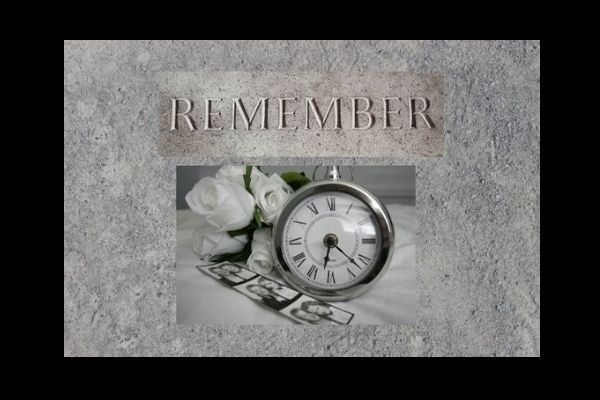
Can a bad memory be a good thing?
“Yes,” says Robert Olen Butler, professor of creative writing at Florida State University.
When you’re an artist.
In From Where You Dream, he warns: If you are a writer who aspires to create fiction that arrives at the condition of art, your literal memory is your enemy.
“Tell your mind to back the hell off,” he says. “It’s another place in yourself entirely where you must look to create a work of art.”
And where is that?
In the place where your dream. Your unconscious.
I always thought the best fiction writers had photographic memories. I thought this was how they came up with such unique, moment-to-moment sensual details. That every detail was meticulously remembered and stored in the artist’s mind.
Not so, Butler says. Having a great memory actually hinders creativity. Your literal memory keeps you out of “the zone” that you must enter to create art. Artists don’t reproduce things as they really are. Their memories decompose and ferment in the “dreamspace of the unconscious,” where experiences aren’t remembered as much as reshaped, recombined, and ordered in ways that a reader can encounter as if real.
The subconscious is a place of meditation, a place of sense memory, that must be surrendered to and cannot be willed. And from there comes art.
“The way you’ll know that you’re writing from your head,” Butler says, “is that you’ll look at your story and find it full of abstraction and generalization and summary and analysis and interpretation.”
I’ve heard writers say that sometimes their stories come to them fully formed as if dictated from an outside source. After reading Butler’s process of writing fiction, I understand what they mean.
In fact, it brings to mind how I completed the assignments for my creative writing classes at UC Davis Extension. The instructors often gave us a writing prompt at the end of class to be worked into a scene or short story for the following week. Since our classes ended around 9:00 PM, this allowed thirty minutes on the drive home and a full night’s sleep for the prompt to decompose, ferment, and restructure into an idea without the interference of my conscious mind.
Almost invariably, on waking the next morning, a story would present itself–fully formed. I’d head straight to my computer and, voila, a rough draft appeared–compost heap to paper–that needed little revision. Later I’d wonder, Who the hell wrote this? It came. I wrote it down. And then it disappeared from my mind.
A miracle? I thought so at the time. Now, I know better. In fact, I’ve “dreamed” up some of my best story ideas while:
- blow drying my hair
- mowing the lawn
- walking
- driving
- dreaming
Thank you Robert Olen Butler. You’ve given me the incentive to keep putting my bad memory to good use.
“All good novelists have bad memories.” ~Graham Greene
As always, thanks for stopping by,

